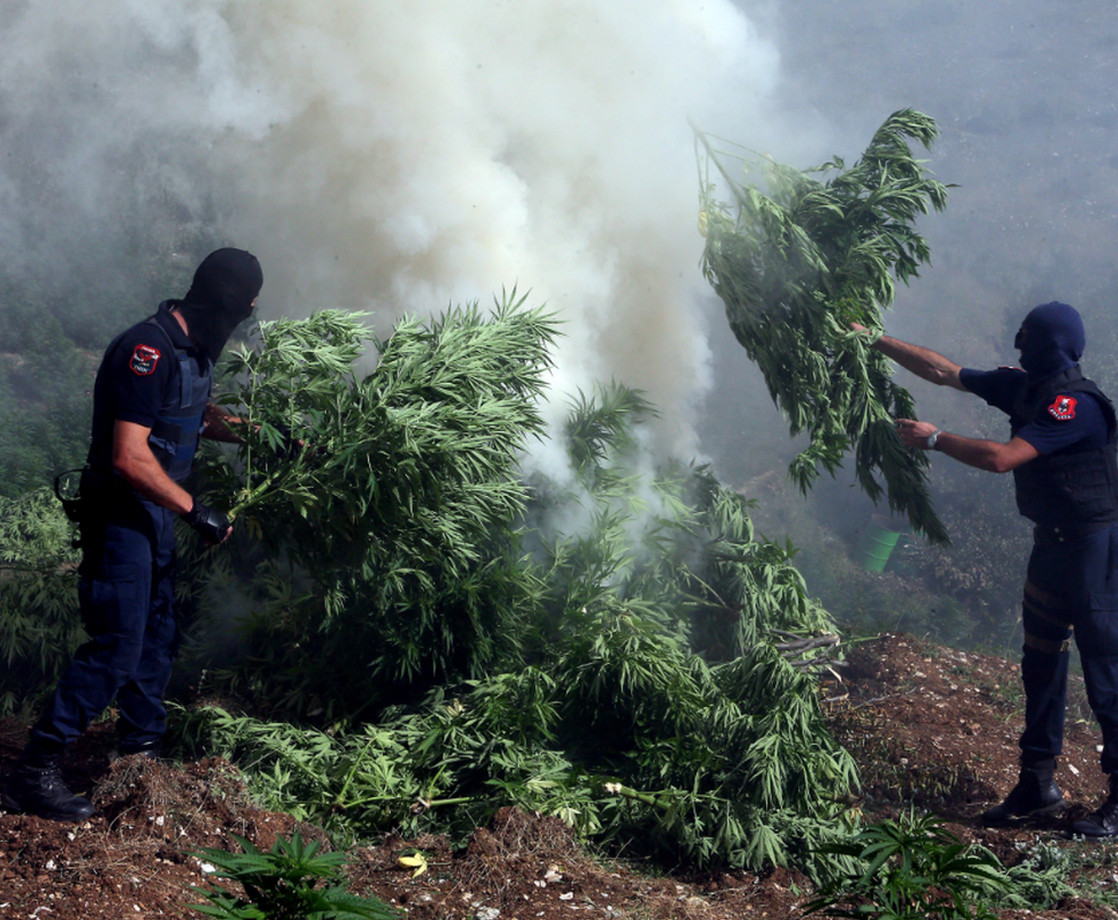Colorado law enforcement is no longer responsible for babysitting the marijuana seized during raids, according to a recent decision issued by the state’s highest court.
On Monday, the Colorado Supreme Court reversed a verdict handed down several years ago by a lower court that insisted police must carefully store all of the leafy green evidence collected during criminal investigations until a suspect has been found guilty of a crime.
This rule has not exactly been a favorite among the state’s law enforcement agencies. It has forced them to take care of cannabis crops and maintain proper storage until given the green light to destroy. In some cases, police departments have even been sued for damaged and ruined marijuana after suspects were acquitted.
But not anymore.
The latest ruling, which was handed down in a decision of 4-to-3, will give police the freedom to destroy any and all marijuana seized in Colorado, even if the suspect is found innocent. Using the language of the Controlled Substances Act, Justice Allison Eid wrote, “Compliance with the return provision necessarily requires law enforcement officers to violate federal law.”
However, the dissenting judges fear that giving police total power over seized marijuana may lead to black market dealings. It is for this reason that they believe it would be in the best interest of all parties for the marijuana to be returned to its rightful owner.
“A police officer who sells drugs to a target as part of an undercover sting is lawfully engaged in performing his or her duties. A police officer who sells drugs while off duty to supplement his or her income is not lawfully engaged in performing his or her duties,” the dissenting justices wrote.
The verdict stems from a 2011 case in which a cannabis grower was accused of possessing more marijuana than legally permitted. The plants were eventually returned after his acquittal, but in rotten condition. The grower complained that police had not given his cannabis crop the same care and respect as other personal property.
Needles to say, police are ecstatic about the Court’s decision.
"We know that we're not liable for this marijuana, should we seize it and the individual becomes found innocent or not guilty," said Pueblo County Sheriff Kirk Taylor.











